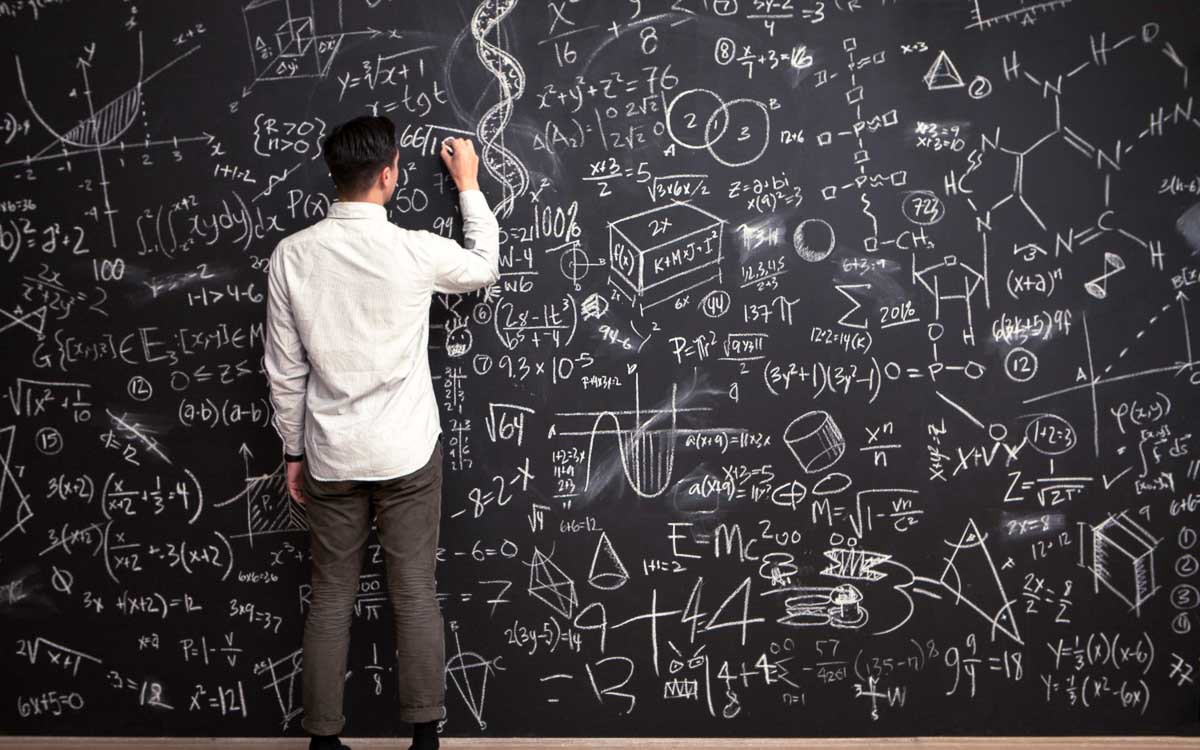Mathematics creates a dilemma: most people agree that it is an important skill to have for everyday living as well as the economic future of the country, but it is socially acceptable to be “absoulutely useless at maths”?
The state of mathematics in the UK bubbles to the top of the news headlines: Numeracy skills have got worse, not better and Asia tops biggest global school rankings. Experts opinion are sought on the state of mathematics; they give advice on what needs to be done. Journalists bounce the subject around: For Britain’s pupils, maths is even more pointless than Latin,and Maths isn’t the problem - the way it’s taught is. All of this is against a background of drip fed statistics: adult numeracy has dropped from 26% of the population in 2003 to 22% in 2011, and eight out of ten people don’t know what APR means let alone how to calculate it ( a sizeable minority think it’s short for April ). Government ministers respond with tweaks to the mathematics curriculum fully expecting a swift implementation. But the topic sinks back down to the lower depths of the public consciousness. Until the next survey sparks another heated debate.
The problem with developing skills in mathematics is failing to recognise that it is a language. A language that uses numbers, not German or French. And like most languages it is a skill that has to be practiced regularly. The language of mathematics consists of activities that involve additions, subtractions, multiplication and divisions which are used to quantify the amount of money in our banks, search for the best deals on the web and and count the number of days left before our next holiday. Like any other language, our skill in its use is linked to how important it is in our lives. Even equations with their strange appearance of \(x\) and \(y\)’s have an important role in our lives. When understood mathematical symbols can unlock a new set of skills that can have many applications, for example working out compound interest which is important in calculating the amount of money required for a happy retirement.
President Ronald Reagan once remarked “you persuade people through reason but motivate through emotion.” In the case of mathematics there are enough reasons to persuade people about its importance: managing household budgets, improved job opportunities, transferable skills, planning for the future, improved critical thinking and so on, but how can people be motivated to use mathematics?
Like learning any language the earlier it is started the better. It builds confidence and reduces the anxiety that many experience in later life. The early stages of mathematics requires a lot of practice: counting, multiplying, dividing, measuring, and so on, but this can be done by applying those skills to problems that affect everyday life. For example, managing pocket money, writing software to monitor local wildlife, building models to predict the impact of waste on the local environment around the school etc.
Another area is the impact of mathematics on the world that we live in. Mathematicians, and those who use mathematics, need to communicate to as wide an audience as possible about the benefits that mathematics can bring rather than discussing the latest solution to an equation. Also, those with mathematical skills need to make connections to other areas of society ( rather than on-going areas of academia, industry or governments ) and make new links e.g. health, social problems, etc. Breaking into new areas will create a pioneering spirit which could motivate others to join in.
In the public domain more effort is required to raise the profile of mathematics. Mathematics institutes and organisations reinforce academic achievement when they should be analysing the level of mathematics skill in the population - why don’t they walk around supermarkets and ask shoppers about using mathematics rather holding another survey amongst themselves? And where is the popular face of mathematics? Where is mathematics Brian Cox? If there was a popularity vote between Brian Cox and Marcus du Sautoy ( the closest equivalent to Brian Cox ) then I feel the Professor Cox would win by a mile! Those involved in mathematics should ask why that would be and then take what can be learned and apply to promoting mathematics.
Therefore the challenge, and plea, to mathematics teachers, authors, experts, governments and industry is to develop an understanding of the emotional aspects of mathematics and then tap into it to motivate its greater use, rather than wasting time and money on another survey. Maybe the next time a celebrity proudly claims that they are ‘rubbish at maths’ then the web will crash with the volume of clicks as people unfollow or unfriend them !
